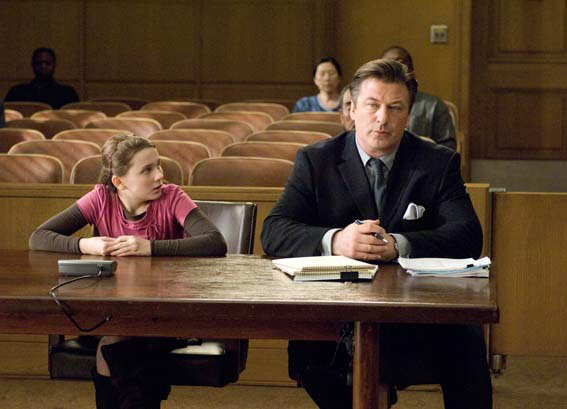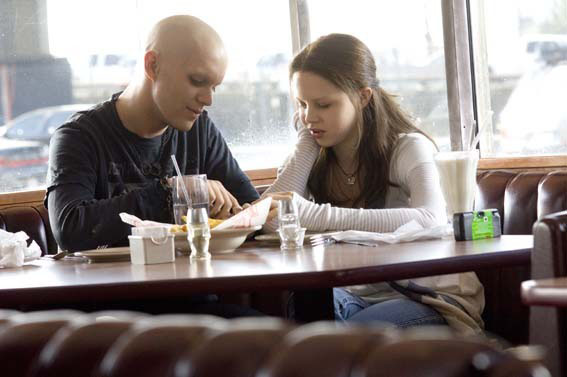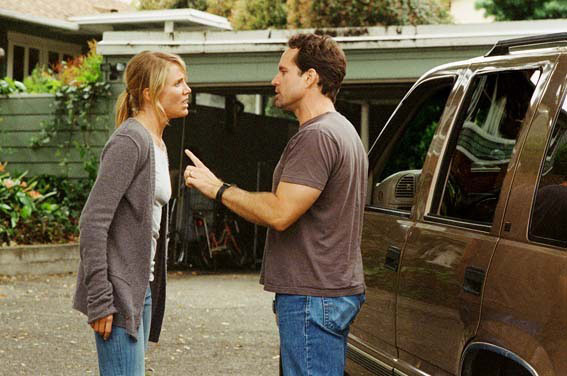Film Review: My Sister’s Keeper
Kids = Cute. Sick Kids = Sad ... And Cute.


thoughtless pig?”

“Who doesn’t love the Rooty Tooty Fresh and Fruity breakfast?”


